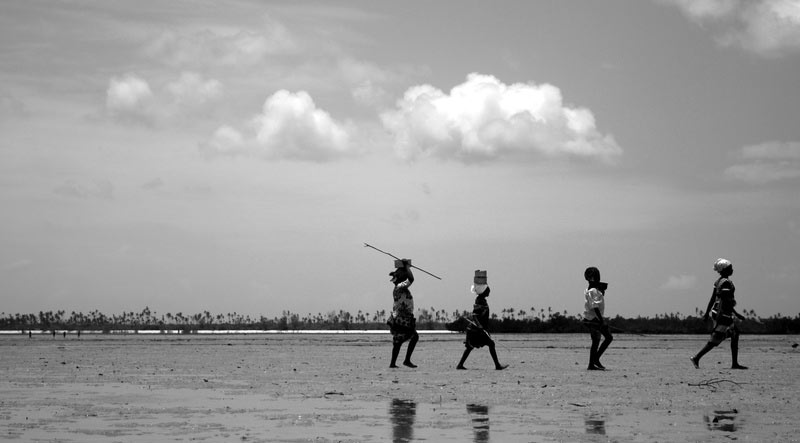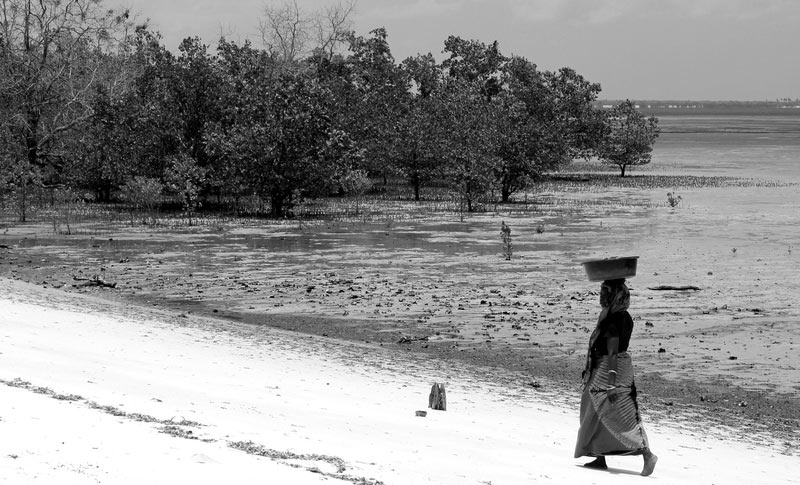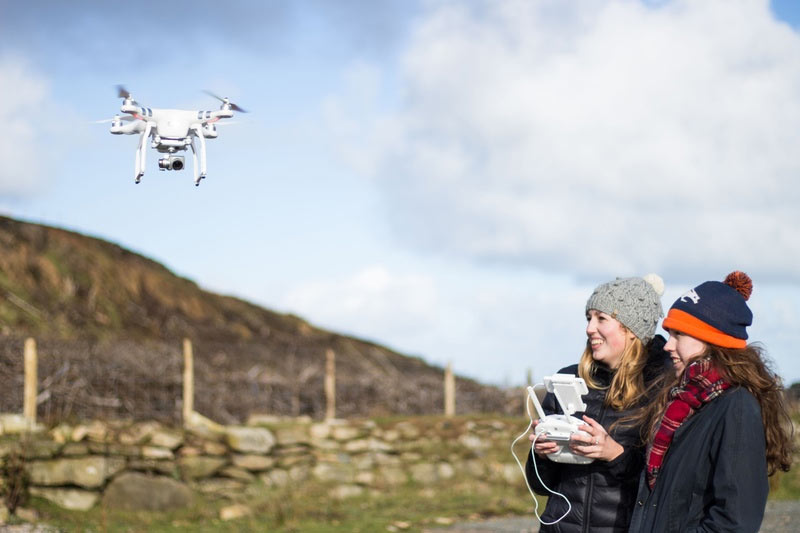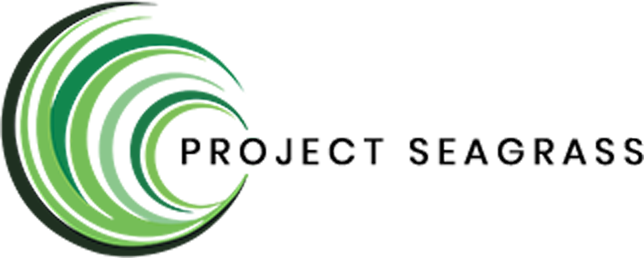
Today, the 8th March 2016, is International Women’s Day. The UN’s International Woman’s Day theme for 2016 is “Planet 50-50 by 2030: Step It Up for Gender Equality”; in addition, an independent campaign, separate from the UN, is being run by financial firm EY (with other corporate partners) which is organising events around a #PledgeForParity hashtag.
Today is of course a day to celebrate the social, economic, cultural and political achievement of women. Yet it is also a day to raise awareness of the need to urgently address gender inequalities, and take action to accelerate gender parity.
In 2014, the World Economic Forum predicted that it would take until 2095 to achieve global gender parity. Then one year later in 2015, they estimated that a slowdown in the already glacial pace of progress meant the gender gap wouldn’t close entirely until 2133!
This is, of course, completely unacceptable.
We can, and must, pledge today to take a concrete step to help achieve gender parity more quickly. For Project Seagrass it must be about helping women and girls achieve their ambitions, calling for gender-balanced leadership, and creating a culture where we respect and value differences. We must aim to develop an inclusive and flexible culture within our charity and to root out workplace bias, be it conscious or unconscious.
At Project Seagrass each of us can be, and has been, a leader at different times and that is something that should be celebrated. For us, International Women’s Day is about publicly committing to take pragmatic action to accelerate gender parity within both our organisation, but also within our work.

A women ventures home with fish that she has caught in coastal seagrass meadows of norther Mozambique (Photo: Benjamin Jones)
We work in numerous regions across the globe and there is a common theme to all of them – a paucity of statistics available relating to the number of women involved in fisheries-related work, even though it is understood by all of us that women play critical roles in the sector. The roles that women play in the fisheries we work with often incorporate a wide range of activities, but these vary in time and place.
Unfortunately, from what little research that has been done, much of the data does not capture the true multi faceted nature of work undertaken by women in fishing communities, and therefore even today few policies are formulated with the work conducted by women in mind. Indeed, it can be argued that the common thread that ties women who work in fisheries together globally is that their work is rarely seen as “productive”. Time and again it is perceived as having a low social value, often being seen as an extension to the “domestic” space and not productive work in its own right.

In Northern Mozambique, Women are a key part of coatsal seagrass fisheries (Photo: Benjamin Jones)
In reality, however, women contribute hugely to global fisheries; even in their marginailsied position, they often manage to perform multiple roles that straddle the home, the family, the community and the workplace. We must celebrate womens’ capacity to perform roles of both production and reproduction and create the social and cultural norms that recognize the values of these roles. Too often the production of life (reproduction) is not recognized as valuable, economic productivity and yet it is intrinsic to sustainable growth and development!
We must redefine what is valuable by addressing the inequalities that exist between men and women, and it is here that we must #pledgeforparity
In the spirit of celebration of International Women’s Day we would like to take this opportunity to thank both of our interns; Laura Pratt in Cardiff, and Lauren Clayton in Glasgow for all their hard work to date and for their contribution to what has been a great year of growth and development of Project Seagrass so far! We’d also like to thank our Director Leanne Cullen-Unsworth for her leadership and vision and we wish her well on her maternity leave. We’d also like to recognize both the ‘productive work’ (carrying BRUVs) and invisible emotional support of our partners in being patient with us driving the Project Seagrass agenda and making Project Seagrass what it is today.
Thank you, and happy International Women’s Day to you all!

Project Seagrass interns Lauren and Laura flying the UAV (Photo: Benjamin Jones)

Project Seagrass Director Leanne Cullen-Unswort mapping seagrass in Wales (Photo: Richard Lilley)

Sarah Jane Pope carrying monoBRUV platforms 5km across the island of Lipsi (Photo: Richard Lilley)
PS – A reminder of our official launch this Wenesday the 9th March 2016


